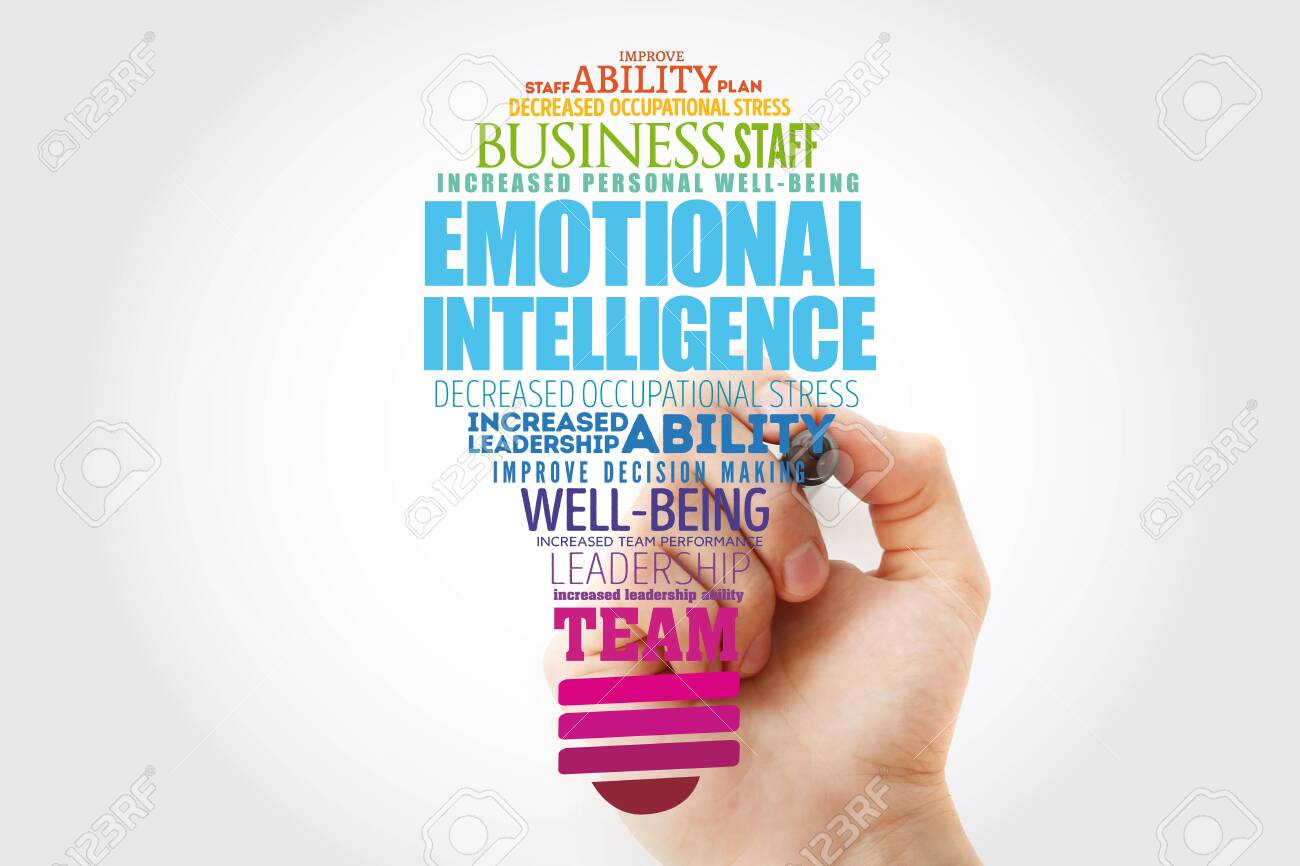
The Importance of Emotional Intelligence in Social Work
Emotional intelligence (EQ) is the ability to recognize, understand, and manage your own emotions, as well as to recognize, understand, and influence the emotions of others.
For social workers, EQ is an essential skill that enables them to effectively connect with clients, navigate complex situations, and promote positive change.
This article explores the critical role of emotional intelligence in social work and its deep connection to psychological principles and therapeutic approaches.
Understanding Emotional Intelligence
Daniel Goleman, a pioneer in the field, broke down emotional intelligence into five key components:
- Self-awareness: The capacity to recognize your own emotions, strengths, weaknesses, values, and goals. For a social worker, this means understanding how their own feelings and biases might affect their interactions with a client.
- Self-regulation: The ability to manage and control your own emotions and impulses. This is crucial for maintaining professionalism and objectivity, especially in stressful or emotionally charged situations.
- Motivation: A drive to achieve goals and a passion for your work. A social worker’s motivation often stems from a genuine desire to help others and make a positive impact.
- Empathy: The ability to understand and share the feelings of another person. This is arguably the most vital component for social workers, as it allows them to build trust and rapport with clients and see the world from their perspective.
- Social skills: The ability to effectively interact with others and build a network of relationships. This includes communication, conflict resolution, and leadership skills, all of which are essential for coordinating care and collaborating with other professionals.
The Symbiotic Relationship Between Psychology and Social Work
Social work is not just about providing resources; it’s a helping profession deeply rooted in psychological principles. The approaches and theories developed in psychology provide the scientific framework for social workers to understand human behavior and mental processes. For example:
- Humanistic Psychology: Concepts like unconditional positive regard (Carl Rogers) are fundamental to social work. By showing a client non-judgmental acceptance, a social worker creates a safe space for them to open up and work through their challenges.
- Cognitive Behavioral Therapy (CBT): Many social workers use CBT techniques to help clients identify and challenge negative thought patterns and behaviors. This helps clients develop coping mechanisms and improve their mental health.
- Attachment Theory: Understanding a client’s early attachment experiences (secure vs. insecure) can provide a social worker with insights into their current relationships and behavior, allowing for more targeted interventions.
Emotional intelligence acts as the bridge that connects these psychological theories to practical social work. It allows a social worker to not just know a theory, but to apply it with compassion and effectiveness. For example, while a social worker might understand the concept of empathy from a textbook, their high emotional intelligence allows them to truly feel and express that empathy in a way that resonates with the client.
The Practical Importance of EQ in Social Work
Without a high level of emotional intelligence, a social worker would struggle to be effective. Here’s why EQ is so critical in day-to-day practice:
- Building Trust and Rapport: Clients often come to social workers in times of crisis, feeling vulnerable or defensive. A social worker with strong empathy and social skills can quickly build a trusting relationship, which is the foundation of all effective intervention. They can read non-verbal cues, listen actively, and validate the client’s feelings, making them feel heard and respected.
- Effective Crisis Intervention: In high-stress situations, like a domestic dispute or a mental health crisis, a social worker must remain calm and rational. Self-regulation and self-awareness are key here. A social worker with high EQ can manage their own stress and anxiety, preventing them from escalating the situation. They can then use their social skills to de-escalate the client’s emotions and guide them toward a solution.
- Navigating Professional Relationships: Social work is rarely a solo job. It involves collaborating with doctors, lawyers, teachers, and other professionals. A social worker with good social skills can effectively communicate a client’s needs, advocate for their rights, and resolve conflicts with other agencies, all of which are crucial for ensuring the best possible outcome for the client.
- Preventing Burnout: The emotional demands of social work are immense. Constantly dealing with trauma and hardship can lead to compassion fatigue and burnout. A social worker with strong self-awareness and self-regulation can recognize the signs of burnout and take steps to care for their own mental and emotional health, ensuring they can continue to serve their clients effectively for the long term.
Conclusion
Emotional intelligence is not just a “soft skill” in social work; it’s a core competency. It allows social workers to move beyond the theoretical and apply psychological principles with heart and humanity.
By developing their emotional intelligence, social workers can build stronger relationships, handle crises more effectively, and ultimately make a deeper, more lasting impact on the lives of those they serve.
It is the invisible force that turns knowledge into compassionate action.


